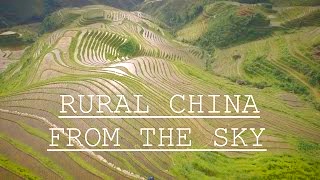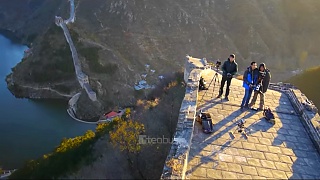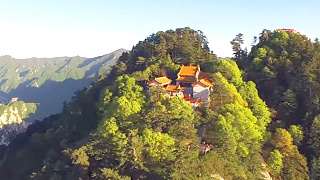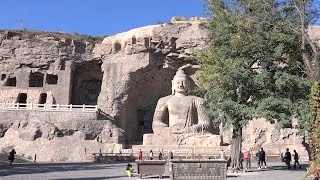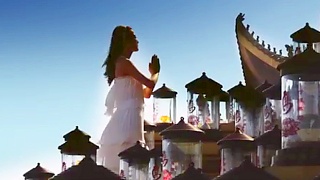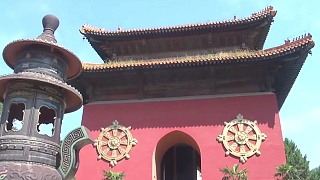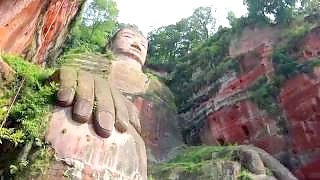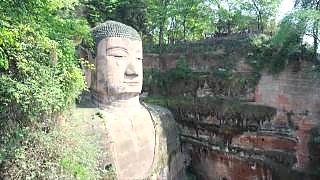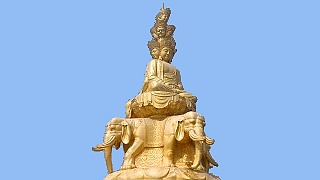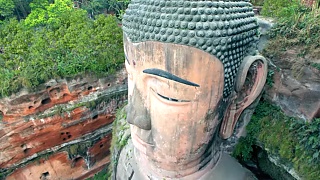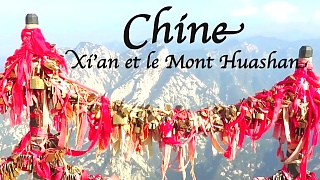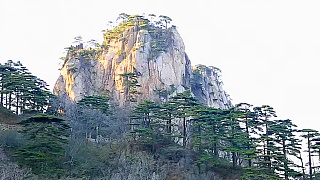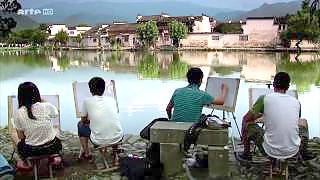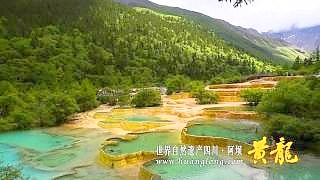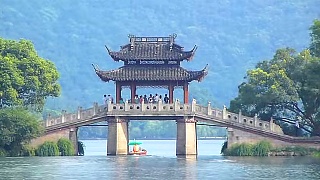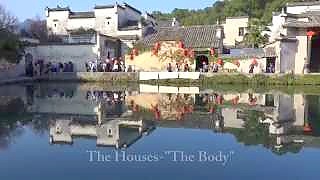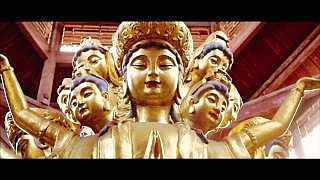
|
With CGTN ...
Bonus film - the Asian Games sports infrastructure - with Rafa Goes Around! ...
Hangzhou, the capital of Zhejiang Province in eastern China, is renowned for its historic relics and natural beauty. Located at the southern end of the Grand Canal, which extends to Beijing, Hangzhou has been one of China's most renowned and prosperous cities for much of the last millennium. Marco Polo reportedly described the city as "the finest and most splendid city in the world."
Historical Significance
Hangzhou has a rich history dating back over 2,200 years to the Qin Dynasty. It became a significant city during the Sui Dynasty when the Grand Canal was constructed. During the Southern Song Dynasty (1127-1279), Hangzhou was the capital of China, a period that significantly boosted its status and prosperity.
West Lake
One of Hangzhou’s most famous attractions is West Lake (Xī Hú). This UNESCO World Heritage site is celebrated for its scenic beauty, inspiring poets, scholars, and artists since the 9th century. The lake is surrounded by temples, pagodas, gardens, and artificial islands. Major attractions around West Lake include the Broken Bridge, Su Causeway, and Leifeng Pagoda.
Lingyin Temple
Lingyin Temple, also known as the Temple of the Soul's Retreat, is one of the largest and wealthiest Buddhist temples in China. It was founded in 328 AD during the Eastern Jin Dynasty. The temple is famous for its grand halls, numerous pagodas, and Buddhist grottoes, particularly the Feilai Feng grottoes, which contain hundreds of stone carvings of Buddhist figures.
Longjing Tea
Hangzhou is the origin of the world-famous Longjing (Dragon Well) tea. Longjing Tea Village, located in the hills west of West Lake, offers a picturesque setting where visitors can learn about tea cultivation, enjoy tea tastings, and experience traditional tea ceremonies. The tea is renowned for its high quality, green color, fragrant aroma, sweet taste, and flat leaves.
Grand Canal
The Grand Canal, a UNESCO World Heritage site, is the longest canal or artificial river in the world. Hangzhou marks the southern end of this ancient waterway, which played a crucial role in the cultural and economic development of the region. Visitors can take boat rides to explore the historical and cultural sights along the canal.
Modern Hangzhou
Today, Hangzhou is a blend of traditional and modern influences. It is an important economic hub, home to numerous high-tech industries and the headquarters of Alibaba Group, one of the world's largest e-commerce companies. The city's infrastructure is well-developed, with a high-speed railway, an international airport, and a comprehensive metro system.
Tourism and Culture
Hangzhou is a popular tourist destination, attracting millions of visitors each year. The city hosts various cultural festivals, such as the West Lake International Expo, the China International Tea Expo, and the Hangzhou International Marathon. Hangzhou cuisine, known for its light and fresh flavors, is also a highlight for visitors, with famous dishes like Dongpo Pork and West Lake Fish in Vinegar Gravy.
|

 Beautiful Mount EMei (EMeiShan 峨眉山) from the air
Beautiful Mount EMei (EMeiShan 峨眉山) from the air